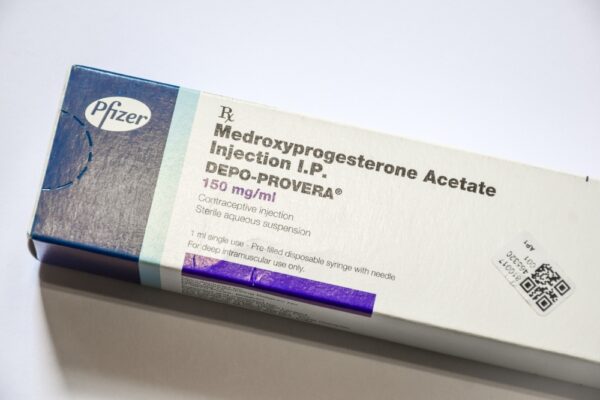Bayer in April lost its patent on the brand-name contraceptive Yaz, but the pharmaceutical giant did not forfeit its potential liability for illnesses that can be traced to the use of Yaz or its brand-name companion Beyaz.
Last month’s ruling by the U.S. Court of Appeals for the Federal Circuit invalidated Bayer’s Yaz patent and thusly unleashed competition from a few generic manufacturers. One of those generic drug makers, Actavis Inc., announced April 16 that it “has re-launched Vestura, a generic version” of Yaz.
“Actavis first launched Vestura in January 2012,” the generic drug maker explained in its media statement, “but removed the product from the market in March 2012 following a ruling from the U.S. District Court for the District of Nevada upholding the validity of the [patent]. Actavis appealed the ruling to the Federal Circuit.”
Yaz and Beyaz are combination oral contraceptives, COCs, which contain drospirenone, or DRSP, and ethinyl estradiol. In addition to pregnancy prevention, the drugs are approved to treat premenstrual dysphoric disorder, which is not the same as premenstrual syndrome, and to treat moderate acne for patients who are at least 14 years old.
Additionally, the U.S. Food and Drug Administration approved Beyaz to “raise folate levels in women who choose to use an oral contraceptive for contraception.”
The chemical similarity of Yaz and Beyaz gave rise to matching increased health risks. Hence, for about a year, part of the FDA-endorsed warnings and precautions for Yaz and Beyaz have read as follows: “Based on presently available information on DRSP-containing COCs with 0.03 mg ethinyl estradiol (that is, Yasmin), DRSP-containing COCs may be associated with a higher risk of venous thromboembolism (VTE) than COCs containing the progestin levonorgestrel or some other progestins.”
Women whose health succumbed to these increased risks experienced potentially life-threatening symptoms. Some plaintiffs in Yaz lawsuits and Beyaz lawsuits have claimed that those increased risks were unreasonable as well as dangerous and that the manufacturer should have properly and promptly warned about them.
Venous thromboembolism events include a deep vein thrombosis and a pulmonary embolism. As the FDA writes, “A deep vein thrombosis is a rare but serious condition where a blood clot forms inside a vein. These blood clots usually form in the lower leg or thigh, but can break loose and travel to other areas of the body such as the lungs. If the clot travels to the lung, it is called a pulmonary embolism, a potentially fatal condition where an artery in the lung becomes blocked.”
A VTE patient who has used Yaz or Beyaz may be entitled to compensation.
# # #
Anyone who has suffered complications that may have been related to the use of Yaz or Beyaz may want to take advantage of a free consultation from one of the experienced pharmaceutical injury lawyers at Reich & Binstock (www.reichandbinstock.com). The law firm may be reached toll-free at 1-866-LAW-2400.

The Legal Examiner and our Affiliate Network strive to be the place you look to for news, context, and more, wherever your life intersects with the law.













Comments for this article are closed.